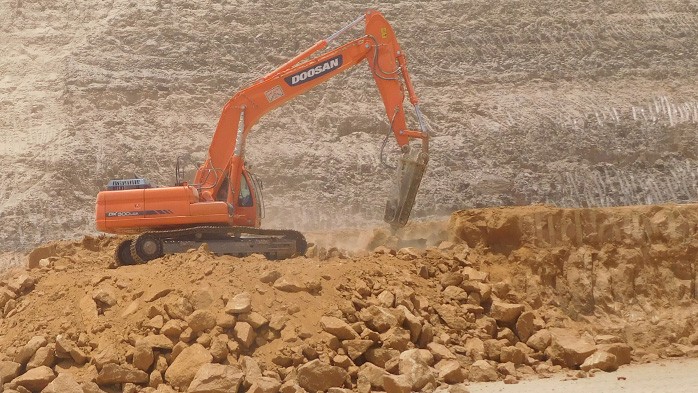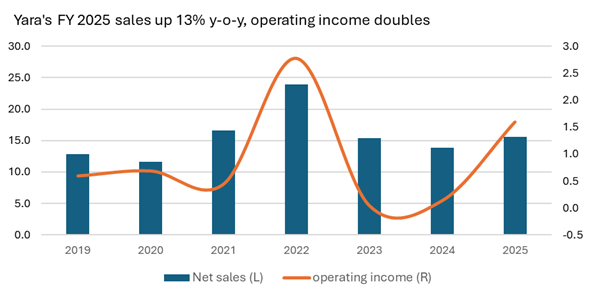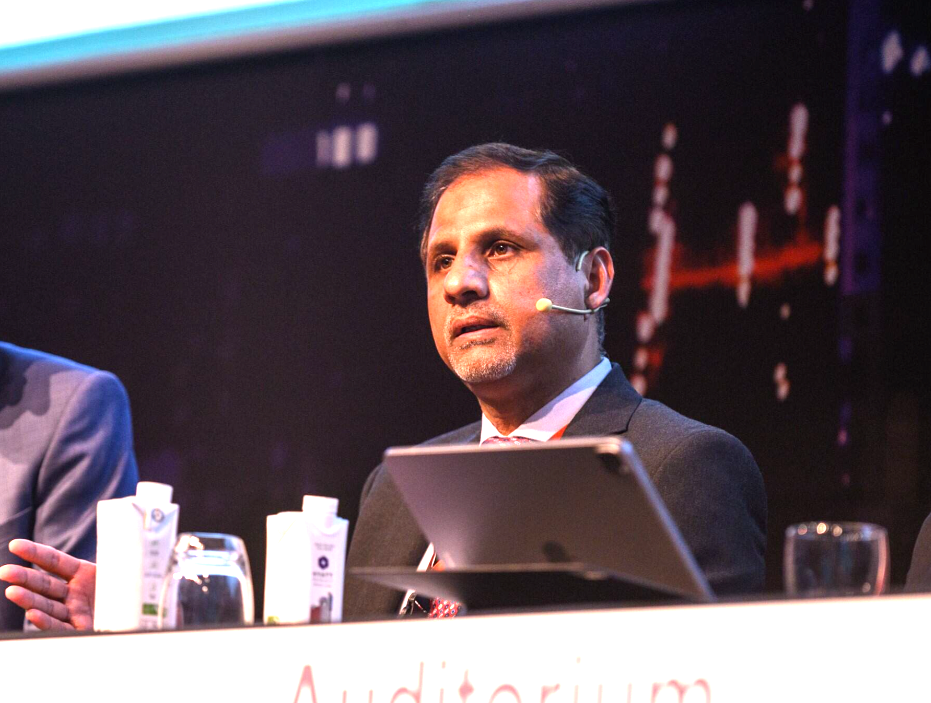Nitrogen+Syngas 398 Nov-Dec 2025

21 November 2025
Approval in principle for methanol superstorage
Nippon Kaiji Kyokai (ClassNK) has granted approval in principle to SRC for ‘methanol superstorage’, an innovative tank design concept that uses a sandwich plate system technology to almost double shipboard storage capacity for both methanol and ethanol. The approval confirms that methanol superstorage is feasible for the intended application in accordance with the society’s ‘Guidelines for Ships Using Alternative Fuels’.
In contrast to traditional fuel tanks, where internal and external walls are separated by a cofferdam of at least 600 mm, methanol superstorage features SPS technology – a solid elastomer core ‘sandwiched’ between two steel plates that is 25-millimetre-thick. The solution delivers 85% more storage capacity than a conventional tank.
“With many methanol-ready ships now in operation, under construction or on order and ethanol also gaining traction, fuel storage has become an area of intense industry interest,” said Mr Ryohei Sakai, Manager (Project Hull), Technical Solution Department, ClassNK. “Because of its low volumetric energy density compared to HFO, a methanol tank would need to hold over twice the volume to generate the same energy, for example. This has consequences for ship range and design. SRC’s methanol fuel tank concept represents an approach to addressing this challenge.”






